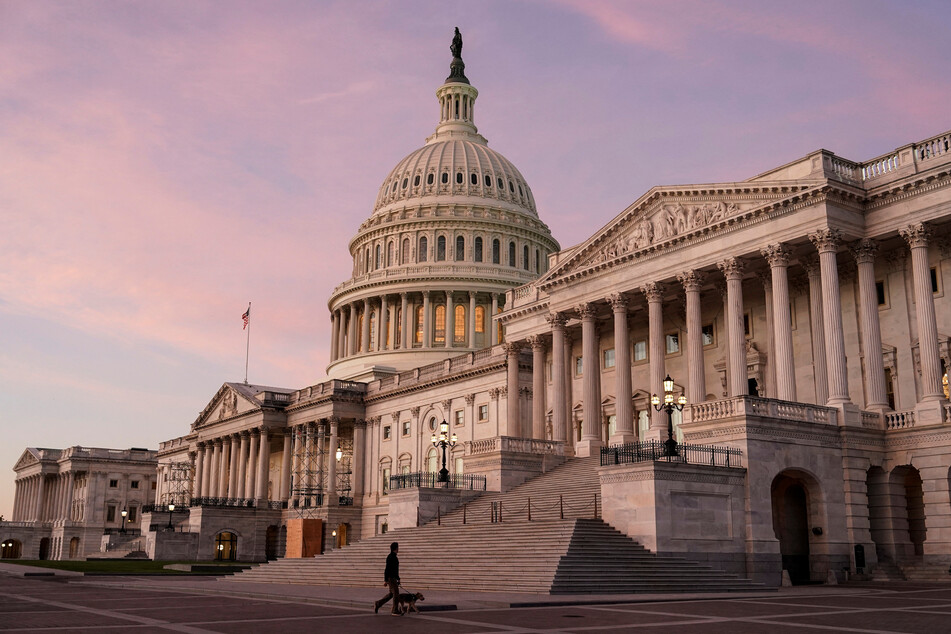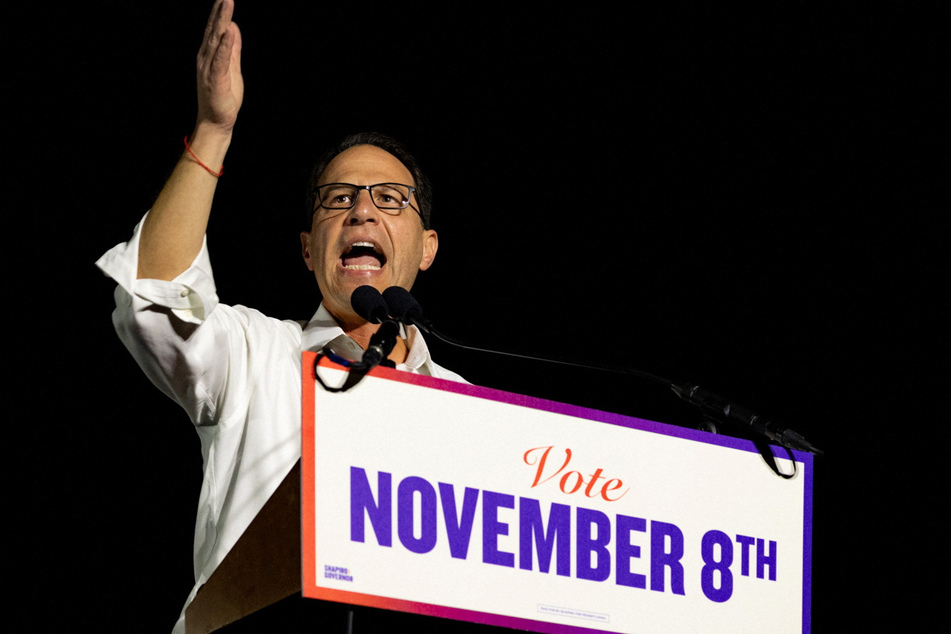Control of US Congress still in the balance in midterm elections
Washington DC - Hours after election polls in numerous US states began to close, it remained unclear Tuesday night which party would control either chamber of the Congress.

Voters are determining the majorities in the US Congress – the country's two legislative chambers, the House of Representatives and the Senate – as well as deciding on numerous governorships and other important offices.
Early results showed US President Joe Biden's Democratic Party holding several key seats in states on the East Coast, keeping alive Democrats' hopes of holding onto control of Congress and deflating expectations of an overwhelming national victory for Republicans.
In the elections midway through Biden's four-year term, all 435 seats in the House of Representatives and 35 of the 100 seats in the Senate are up for grabs. Republicans need to gain one Senate seat and five House seats to have a majority in both chambers.
Polls had predicted a so-called red wave and a clear victory for the Republicans, especially in the House. But better-than-expected performances by some Democrats indicated that the election would likely be far closer than predicted.
"It's definitely not a Republican wave, that's for darn sure," Republican Senator Lindsey Graham of South Carolina said on NBC News. Graham nonetheless predicted a narrow Republican victory once all ballots are counted.
Final election results may not be available for several days.
Republicans see some big wins

Biden's Democrats defended two hard-fought seats in the state of Virginia in the House of Representatives. The two incumbents, Abigail Spanberger and Jennifer Wexton, were re-elected. Observers saw those races as key indicators of Republican performance.
US news agencies also predicted that Democrat John Fetterman would win Pennsylvania's Senate seat over television personality Dr. Mehmet Oz, with the Associated Press already calling the race in Fetterman's favor. A victory in the closely watched Pennsylvania race would boost Democrats' chance of keeping control of the closely divided Senate.
In Florida, however, Republican Ron DeSantis was convincingly re-elected governor of the state. Within the party, DeSantis is considered the primary rival of ex-President Donald Trump and is widely believed to be considering running for president in 2024.
Florida had long been considered a so-called "swing state" but has become more solidly Republican in recent years.
Within the Republican Party, Trump's influence has appeared to remain strong. Candidates supported by the former president won in several US states, including best-selling Republican author JD Vance, who won the US Senate seat in Ohio.
In Arkansas, former spokesperson for the Trump White House Sarah Huckabee Sanders will become the new governor. The Republican is a loyal supporter of the ex-president.
As expected, Republican Greg Abbott once again won the Texas gubernatorial election.
Democrats also secure important victories

But Democrats also made gains. In Massachusetts and Maryland they recaptured governorships from Republicans. In Pennsylvania, Democrat Josh Shapiro prevailed against ardent Trump supporter Doug Mastriano.
The position of the governor is the top elected position in a federal state's local government.
Historically, the president's party usually fares poorly in the midterm elections. Polls have shown low approval ratings for Biden, who has dealt with inflation and dissatisfaction over rising fuel prices.
In a post-election poll, around a third of respondents named inflation as the most important issue in voting. In second place with 27%, people gave the topic of abortion.
If the Democrats lose their majority in Congress, Republicans are likely to block the majority of Biden's policies until the next presidential election in November 2024.
Cover photo: REUTERS

